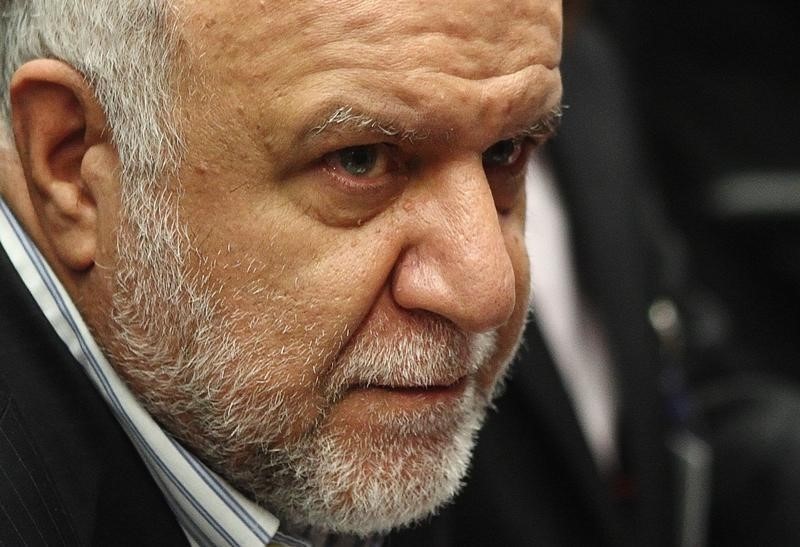* Gulf OPEC members seek new output target
* Iran wants individual country quotas
* Saudi-Iran tensions have ruined many past meetings
* Venezuela warns of price downside when outages ease
By Shadia Nasralla and Alex Lawler
VIENNA, June 2 (Reuters) - OPEC is set for another showdown
between rivals Saudi Arabia and Iran when it meets on Thursday,
with Riyadh trying to revive coordinated action and set a formal
oil output target but Tehran rejecting the idea.
Tensions between the Sunni-led kingdom and the Shia Islamic
Republic have been the highlights of several previous OPEC
meetings, including in December 2015 when the group failed to
agree on a formal output target for the first time in years.
Several OPEC sources said Saudi Arabia and its Gulf allies
would propose to set a new collective ceiling in an attempt to
repair OPEC's waning importance and end a market-share battle
that has sapped prices and cut investment.
"The Gulf Cooperation Council is looking for coordinated
action at the meeting," a senior OPEC source said, referring to
a group combining OPEC's biggest producer Saudi Arabia and its
Gulf allies Qatar, Kuwait and the United Arab Emirates.
Any agreement between Riyadh and Tehran would be seen as a
big surprise by the market, which in the past two years has
grown increasingly used to clashes between the political foes as
they fight proxy wars in Syria and Yemen.
Saudi Arabia effectively scuppered plans for a global
production freeze - aimed at stabilising oil markets - in April.
It said then that it would join the deal, which would also have
involved non-OPEC Russia, only if Iran agreed to freeze output.
Tehran has been the main stumbling block for the
Organization of the Petroleum Exporting Countries to agree on
output policy over the past year as the country boosted supplies
despite calls from other members for a production freeze.
Tehran argues it should be allowed to raise production to
levels seen before the imposition of now-ended Western sanctions
over Iran's nuclear programme.
Iranian Oil Minister Bijan Zanganeh said Tehran would not
support any new collective output ceiling and wanted the debate
to focus on individual country production quotas.
"An output ceiling has no benefit to us," Zanganeh told
reporters upon arriving in Vienna late on Wednesday.
COUNTRY QUOTAS
New Saudi Energy Minister Khalid al-Falih was the first OPEC
minister to arrive in Vienna this week, signalling he takes the
organisation seriously despite fears among fellow members that
Riyadh is no longer keen to have OPEC set output.
At its previous meeting in December 2015, OPEC failed to set
any production policy including a formal output ceiling,
effectively allowing its 13 members to pump at will.
As a result, prices crashed to $27 per barrel in January,
their lowest in over a decade, but have since recovered to
around $50 due to global supply outages.
Until December 2015, OPEC had a ceiling of 30 million
barrels per day (bpd) - in place since December 2011, although
it effectively abandoned individual production quotas years ago.
OPEC currently produces around 32.5 million bpd. Any ceiling
below that number would represent an effective cut.
For a Take-a-Look on Reuters stories on OPEC, click on
